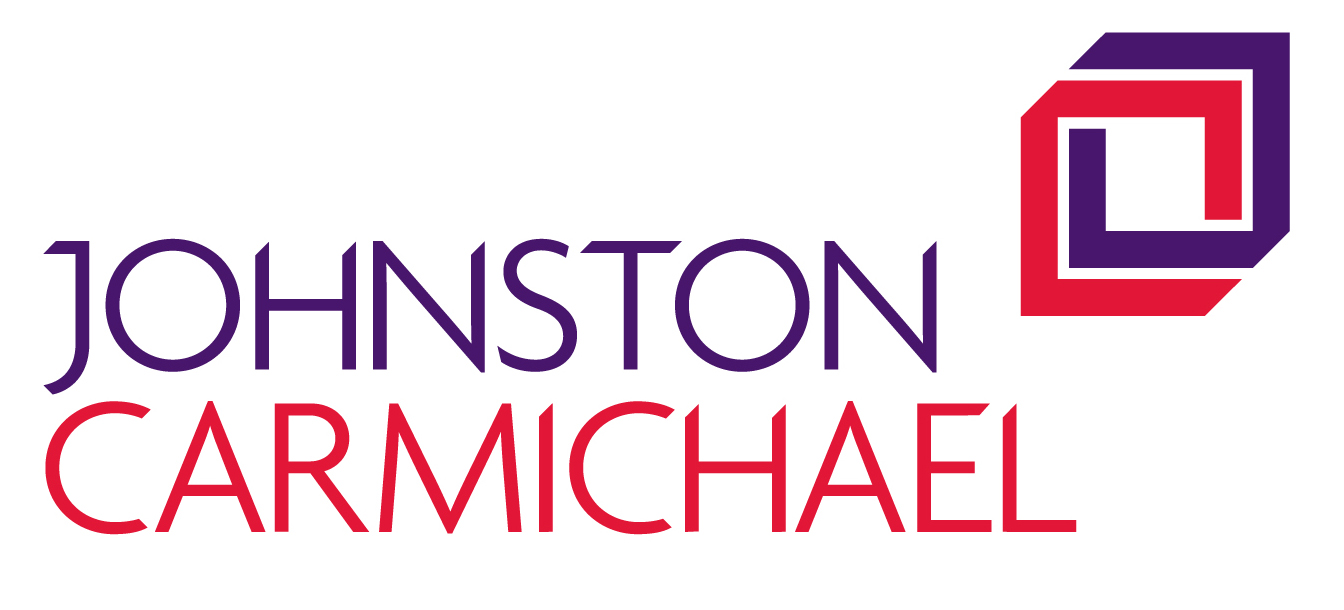Duncan Fernie: Self-employed? It’s time to think about retirement

Duncan Fernie
Whilst being self-employed comes with a range of benefits, there are some things that can slip down the agenda in between managing a business, tax returns and work-life balance. Thinking about retirement and saving into a pension is often one of them – but it doesn’t pay to put it off, writes Duncan Fernie.
Recent research from CMC Invest highlighted that over two in five (41%) of self-employed people do not pay into a personal pension. Although many within this bracket will have other investment and saving plans in place for retirement, there is a percentage of people who risk facing challenging financial circumstances later in life.
Rather than trying to develop a complex solution, or a one-size-fits-all approach to saving, there are some simple steps you can take to enjoy financial peace of mind.
Life is not linear, but setting out a long-term plan gives you a wide-lens perspective of what you want your retirement to look like. In the first instance, take the time to ask yourself: If I was an employee, what is the minimum that I would have to contribute to a pension?”. Currently this is 8% of qualifying earnings, and I’d consider that this should be the base minimum that you save every month.
Align your saving contribution to this and each year review whether to add further before your financial year end. In more challenging times, contributions can always be reduced. The important factor is that you make saving a habit, regardless of the value or you may find years of inaction take place.
Explore the right saving tool for you. If you are self-employed, a self-invested personal pension (SIPP) is still worth it. You might not get contributions from an employer, but you will still get tax relief on contributions. If you are a basic-rate taxpayer, then an £80 pension contribution will be topped up to £100 by the government and you can claim higher, advanced and additional-rate tax back through your tax return, where applicable.
Of course, a downside to putting savings into a pension pot is that they are locked away. ISAs may, instead, be a better hold for your savings should you not be able to commit to the pension timescales. However, from a tax perspective, you won’t find a more efficient way to save for retirement than a pension scheme.
Whether your business is unincorporated (sole trader or partnership) or incorporated (limited company), pensions are a vital planning tool. However, there are different considerations for each.
If you are an unincorporated business, you can make personal contributions to a pension and will have an annual allowance of up to £60,000, subject to your level of pensionable earnings. However, for a limited company, often, contributions will become employer funded and they will need to meet the ‘wholly and exclusively’ rules as well as stay within annual allowances.
Having the right pension contribution type is important. It will make sure you are making the most of the valuable tax reliefs available. Not having the correct contribution can leave you short changed.
For example, an unincorporated business which makes employer-funded contributions to the owner will find the pension company is not adding relief at source. Alternatively, a director of a limited company making personal contributions to a personal pension may get personal tax relief, when they would have potentially been better off making employer-funded contributions from their business. Trying to rectify this retrospectively can be challenging, so it’s important to get it right from the outset.
I’d also recommend that all business owners look at how money within your business is working and ensure that any savings are accruing the best interest rates possible. This offers a further revenue stream for very little additional hassle.
A little more complex, but a further pension consideration is the opportunity to use your pension to buy your business premises, should that be applicable. Small self-administered schemes (SSASs) or SIPPs can own commercial properties. These can create a potentially fantastic return on investment. The rent received by the pension scheme (your pension) adds to the value of the pension and is not taxed, creating the potential for a good cash injection for the policy holder (you). The rental income is not classed as a contribution and so you can still make contributions up to your annual allowances. A further benefit for your business is that the rent is classed as an expense and can therefore reduce taxable profits.
There is a plethora of considerations to make and the above merely gets started on the topic, however it is never too late to understand what is best for your individual requirement. Working with a trusted financial adviser, I encourage everyone to take the time to ensure that their money is working as hard as it possibly can for them today, and for their future selves.

Duncan Fernie is a financial planner at Johnston Carmichael Wealth







